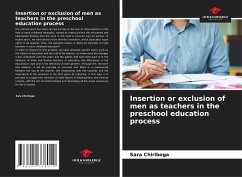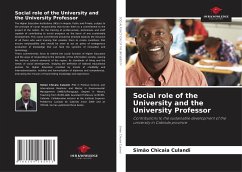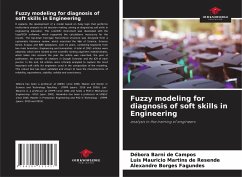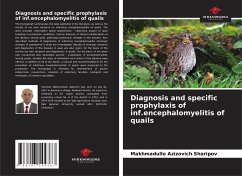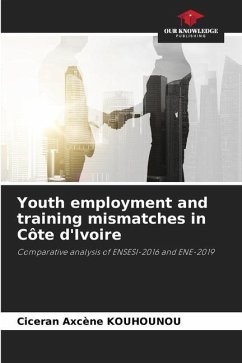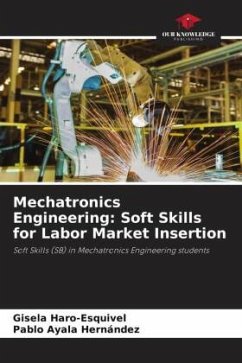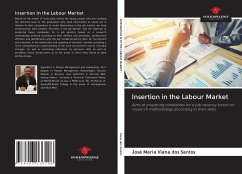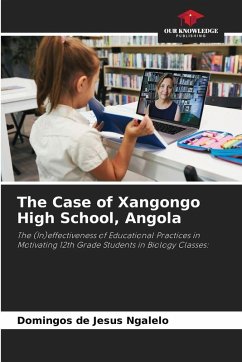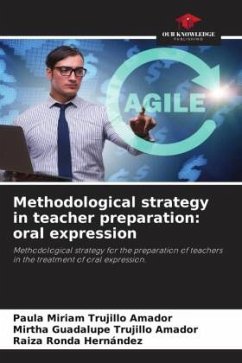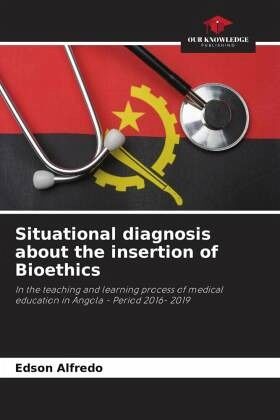
Situational diagnosis about the insertion of Bioethics
In the teaching and learning process of medical education in Angola - Period 2016- 2019
Versandkostenfrei!
Versandfertig in 6-10 Tagen
40,99 €
inkl. MwSt.

PAYBACK Punkte
20 °P sammeln!
In Angola, Bioethics is not included in the curricula of medical training, which is a gap to be filled. It was aimed from this work to diagnose how medical students understand Bioethics through knowledge transmitted in the classroom. A survey was applied to medical school students of two different paradigms (hospital-centric and community medicine). In more than 50% of the questions related to ethical dilemmas (abortion, euthanasia, blood transfusion, allocation of scarce health resources), wrong and inconsistent answers were obtained, supported by a religious-based morality (catholic church),...
In Angola, Bioethics is not included in the curricula of medical training, which is a gap to be filled. It was aimed from this work to diagnose how medical students understand Bioethics through knowledge transmitted in the classroom. A survey was applied to medical school students of two different paradigms (hospital-centric and community medicine). In more than 50% of the questions related to ethical dilemmas (abortion, euthanasia, blood transfusion, allocation of scarce health resources), wrong and inconsistent answers were obtained, supported by a religious-based morality (catholic church), which leads to the conclusion that the lack of didactic-pedagogical strategies for its insertion in medical education in Angola may be a critical factor that needs attention from academic authorities. To this end, it is proposed to include Bioethics transversally throughout the career, based on UNESCO's Core Curriculum. All readers interested in deepening their knowledge in the field of ethics applied to life, based on the political, cultural, and epidemiological context of Angola are urged to acquire the work.



